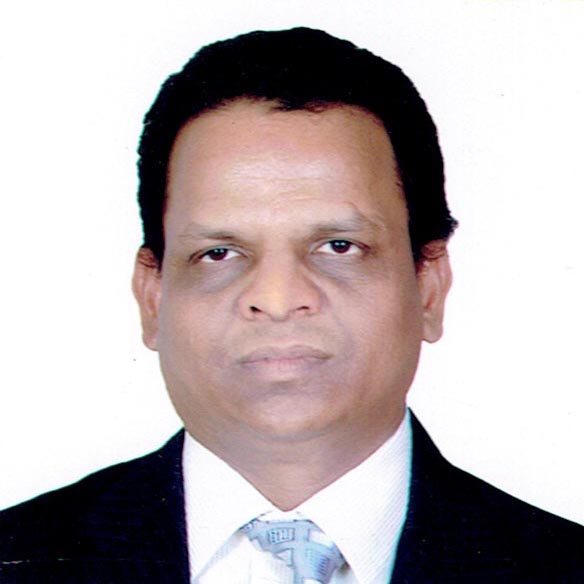Opinion
Equality before the law
Govt must examine all areas of law to ensure persons with disabilities have unbiased right of legal capacity
Dev Datta Joshi
All persons with disabilities, including those with physical, mental, intellectual or sensory impairments, can be affected by denial of legal capacity and substituted decision-making. However, persons with cognitive or psychosocial disabilities have been, and still are, disproportionately affected by substitute decision-making regimes and the denial of legal capacity.
International protection
Equality before the law is a basic general principle of human rights protection and is indispensable when it comes to exercising other human rights. The Universal Declaration of Human Rights (UDHR) and the International Covenant on Civil and Political Rights (ICCPR) specifically guarantee the right to equality before the law. Article 12 of the Convention on the Rights of Persons with Disabilities (CRPD) further describes the content of this civil right and focuses on the areas in which people with disabilities have traditionally been denied this right. Article 12 describes the specific elements that states are required to take into account to ensure the right to equality before the law.
The three conventions mentioned above each specify that the right to equal recognition before the law is operative “everywhere”. In other words, there are no permissible circumstances under international human rights law in which a person may be deprived of the right to recognition as a person before the law, or in which this right may be limited. This is reinforced by Article 4, Paragraph 2, of the ICCPR, which allows no derogation from this right, even in times of public emergency.
The right to equality before the law is also reflected in other core international and regional human rights treaties. Article 15 of the Convention on the Elimination of All Forms of Discrimination against Women guarantees women’s equality before the law and requires the recognition of the legal capacity of women on an equal basis with men, including with regard to concluding contracts, administering property and exercising their rights in the justice system. Article 3 of the African Charter on Human and Peoples’ Rights provides for the right of every person to be equal before the law and to enjoy equal protection of the law.
Article 12 of the CRPD affirms that all persons with disabilities have full legal capacity. Legal capacity has been prejudicially denied to many groups throughout history, including women and ethnic minorities. However, persons with disabilities remain the group whose legal capacity is most commonly denied in legal systems worldwide. The right to equal recognition before the law implies that legal capacity is a universal attribute inherent in all persons by virtue of their humanity and must be upheld for persons with disabilities on an equal basis with others. Legal capacity is indispensable for exercising civil, political, economic, social and cultural rights. It acquires a special significance for persons with disabilities when they have to make fundamental decisions regarding their health, education and work. The denial of legal capacity to persons with disabilities has, in many cases, led to their being deprived of many fundamental rights, including the right to vote, the right to marry and start a family, reproductive rights, parental rights, the right to give consent for intimate relationships and medical treatment, and the right to liberty.
Seeing a person as a person
Recognition of legal capacity is inextricably linked to the enjoyment of many other human rights provided for in the CRPD, including, but not limited to, the right to access justice; the right to be free from involuntary detention in a mental health facility and not to be forced to undergo mental health treatment; the right to respect for one’s physical and mental integrity; the right to liberty of movement and nationality; the right to choose where and with whom to live; the right to freedom of expression; the right to marry and found a family; the right to consent to medical treatment; and the right to vote and stand for election. Without recognition of the person as a person before the law, the ability to assert, exercise and enforce those rights, and many other rights provided for in the Convention, is significantly compromised.
Thus, historically, persons with disabilities have been denied their right to legal capacity in many areas in a discriminatory manner under substitute decision-making systems, such as guardianship, conservatorship and mental health laws that permit forced treatment.
States parties must holistically examine all areas of law to ensure that the right of persons with disabilities to legal capacity is not restricted on an unequal basis with others.
Joshi is a disability rights lawyer




 19.12°C Kathmandu
19.12°C Kathmandu










